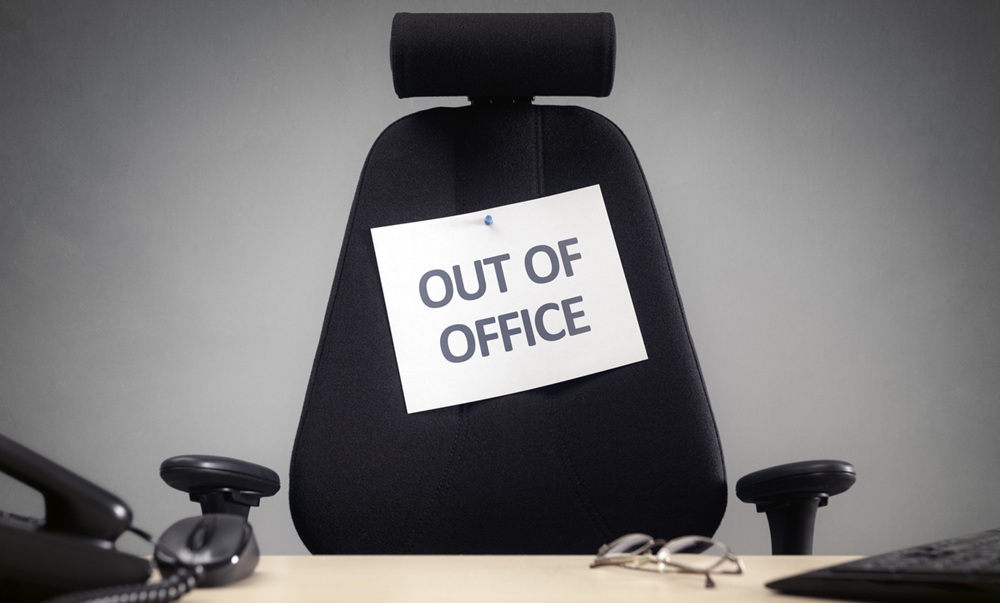When an unforeseen event occurs that gives rise to paid leave during vacation days, can these be interrupted to enjoy the leave, delaying the date of return from the vacation days or changing them for another time? You will find the answer in this post.
During the peak summer vacation period, a common question is whether a paid leave event allows for an interruption of the annual leave (vacation).
The question was resolved by the Court of Justice of the European Union (CJEU) in its judgement of June 4, 2020, in response to a consultation of the Spanish National Court who asked that it resolved the query about when a paid leave must be taken if the causal event that has given rise to the right takes place during the annual leave (vacation) or weekly rest period of the employee who applies for it.
The CJEU concluded that the occurrence of an event causing paid leave during vacation days does not interrupt them because the purpose of the paid leave is no other than to allow the employee to be absent from their job to be able to meet certain needs or obligations that necessarily require their assistance. For this court, the enjoyment of this paid leave is subject to two cumulative requirements: the occurrence of any of the events contemplated in the corresponding regulations and that the needs or obligations that justify the granting of paid leave occur during a period of work. And, based on the above, the court established that paid leave is only justified when, in fact, there is an obligation to work, and not in periods of annual leave (vacation) or suspension of the contract in which there is no obligation to go to work. For this reason, the enjoyment of paid leave cannot be deferred to a later time when the work has resumed.
The court expressly clarifies that paid leave is not comparable to sick leave. For these cases, article 34.8 of the Spanish Workers’ Statute clearly offers the solution, establishing:
“When the annual leave period set out in the company’s vacation calendar referred to in the preceding paragraph coincides in time with a temporary incapacity resulting from pregnancy, childbirth or breastfeeding or with the period of suspension of the employment contract provided for in paragraphs 4, 5 and 7 of article 48, employees have the right to take vacation days on a date other than that of the temporary incapacity or the enjoyment of the leave that corresponds to them by application of said article, at the end of the period of suspension, even if the calendar year to which they correspond has ended.
In the event that the vacation period coincides with a temporary disability due to contingencies other than those indicated in the previous paragraph that makes it impossible for the employee to enjoy them, totally or partially, during the calendar year to which they correspond, the employee may do so once their disability ends and provided that no more than eighteen months have elapsed from the end of the year in which they originated”.
In short, in view of the above, and in accordance with the criterion established by the CJEU, if while the employee is on vacation, there is a causal event that could give rise to paid leave (for example, hospitalization or the death of a relative), they will not be entitled to take the leave, interrupting their vacation, postponing the scheduled date of return or keeping vacation days for another time.
Labor and Employment Department






